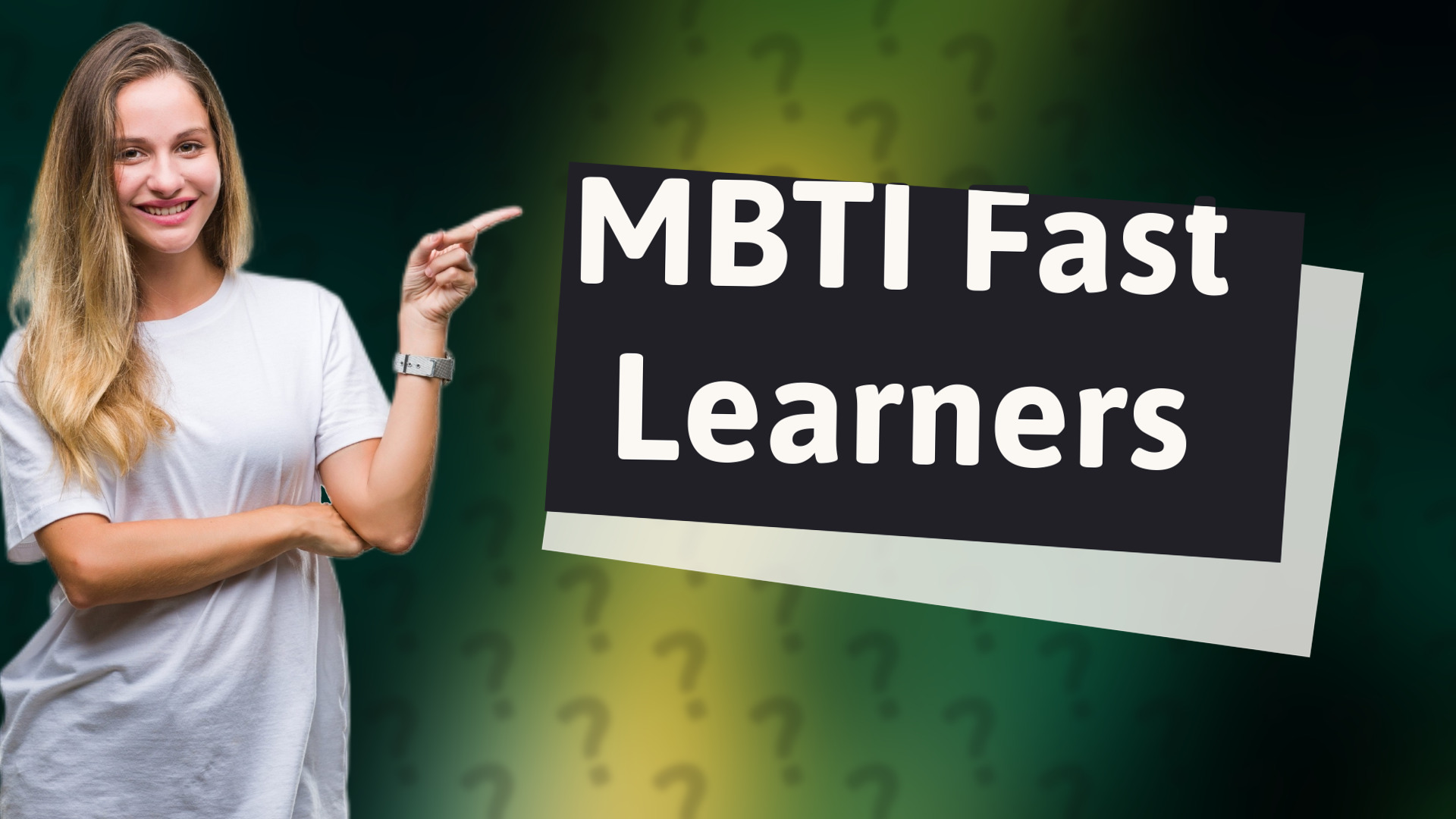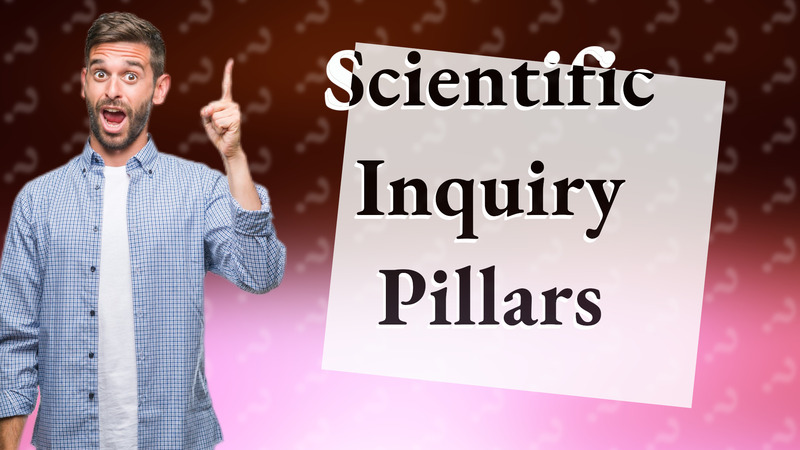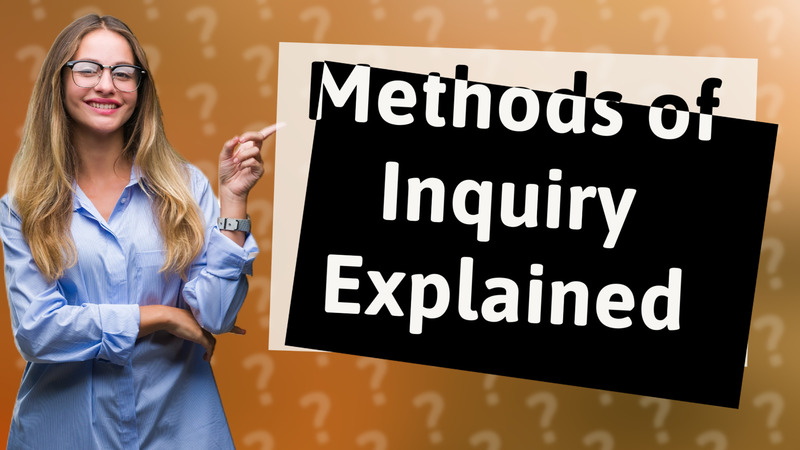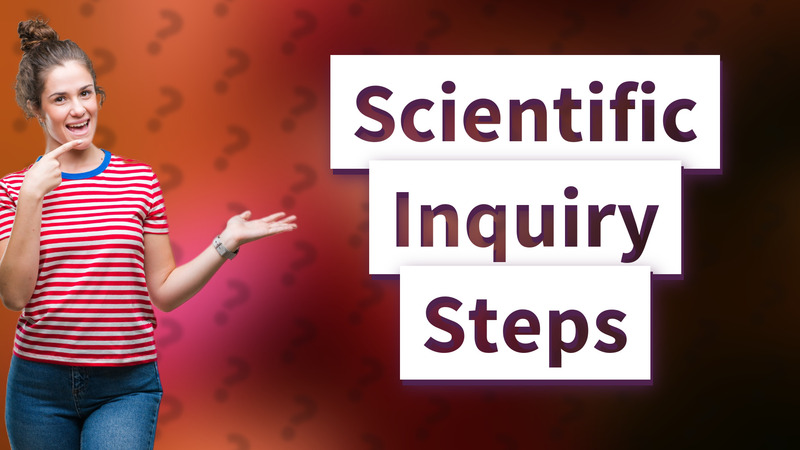
Learn how to craft effective hints that guide without revealing too much. Enhance your writing skills with these expert tips!

Explore the role of hints in promoting problem-solving and critical thinking in learning and gameplay.

Discover why hints enhance learning, promote critical thinking, and improve problem-solving skills.

Explore the three forms of hint: contextual, strategic, and operational hints for better task management.

Explore what a leading hint is and how it can enhance problem-solving and storytelling skills.

Discover which MBTI types are recognized as fast learners and the traits that contribute to their quick comprehension.

Explore writing proficiency levels: A1, A2, B1, B2, C1, and C2. Learn what each level signifies for language learners.

Explore the four types of fun: Hard Fun, Easy Fun, Serious Fun, and People Fun to find your ideal activity.

Explore the four D's of dyslexia: difficulties with reading, decoding, directionality, and dysgraphia and how they impact learning.

Explore the origins of practice and its importance in learning and skill mastery across cultures.

Learn the key red flags of dysgraphia, including signs like messy handwriting and writing difficulties.

Discover an example of direct teaching style and how it improves skill acquisition in the classroom.

Explore the 4 Ds of behavior: Distractibility, Durability, Difficulty, Dangerousness for better behavioral management.

Explore the 10 types of directions including cardinal, intercardinal, and more for navigation and orientation.

Explore the four types of dyslexia and their characteristics to better support those affected.

Learn how animation simplifies complex ideas and enhances engagement across various fields.

Discover the 5 major points of animation: timing, anticipation, staging, squash and stretch, and exaggeration.

Discover the origins of the name 'Popular Mechanics' and its mission to simplify complex scientific concepts for everyone.

Explore the key aspects of dyslexia, a learning disability that impacts reading and language processing. Early intervention is crucial.

Discover the 4 modes of inquiry: observation, experimentation, simulation, and analysis. Enhance your problem-solving skills!

Learn the essential differences between Inquiry-Based Learning (IBL) and Problem-Based Learning (PBL) in education.

Explore why the ADDIE model is essential for effective instructional design in various learning environments.

Learn about the four essential levels of scientific inquiry to understand and explain the natural world effectively.

Learn about the stages of Inquiry-Based Learning (IBL) cycle and how it fosters student engagement.

Explore the foundational elements of scientific inquiry: observation and experimentation, crucial for valid research findings.

Discover the key differences between the 5E and 7E models and how they enhance learning experiences.

Explore the concept of a dihybrid cross and how it reveals the inheritance patterns of traits in organisms.

Learn the differences between monohybrid and dihybrid crosses in genetics. Understand traits, alleles, and inheritance!

Discover the 5 critical steps of inquiry that enhance problem-solving skills and understanding.

Discover the four essential methods of inquiry for systematic research and knowledge acquisition.

Explore the key differences between monohybrid and dihybrid crosses in genetics to improve your understanding of inheritance patterns.

Explore binary theories, their applications, and limitations across various fields including computing and gender studies.

Learn about the ADDIE model, a key framework for teachers to create structured and impactful learning experiences.

Discover the 10 essential steps of scientific inquiry to conduct reliable experiments and research.

Explore the 5 stages of inquiry to enhance your research and analytical skills effectively.

Explore the 4 key categories of behavior: Sensory, Escape, Attention, and Tangible for better behavior management.

Discover key methods of structure for effective communication: chronological, problem-solution, cause-effect, compare-contrast, and hierarchical.

Learn how background information enhances understanding of climate change and its impacts. Discover effective examples and insights.

Discover various grading methods like letter grades, percentages, and rubric-based grading to evaluate performance effectively.